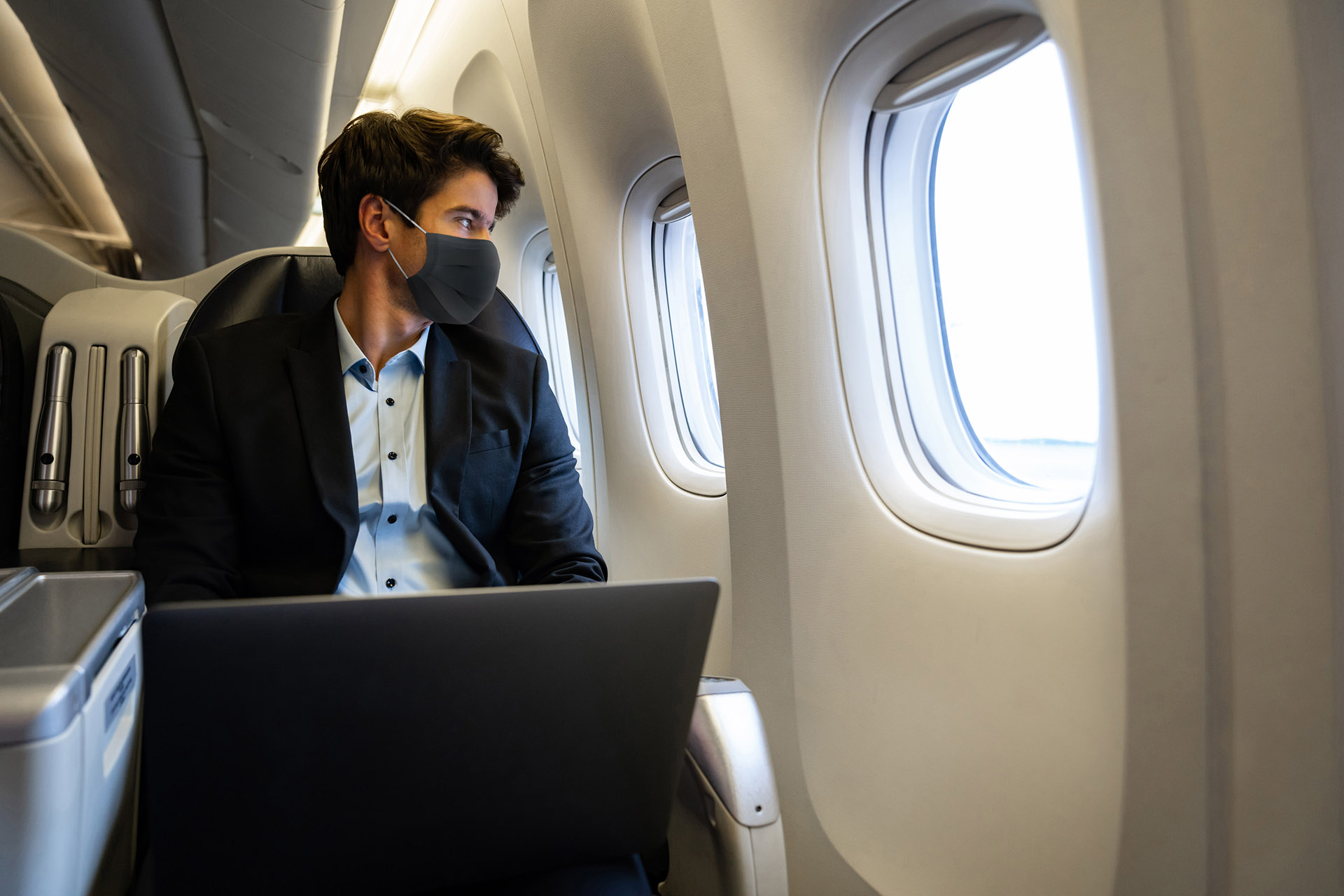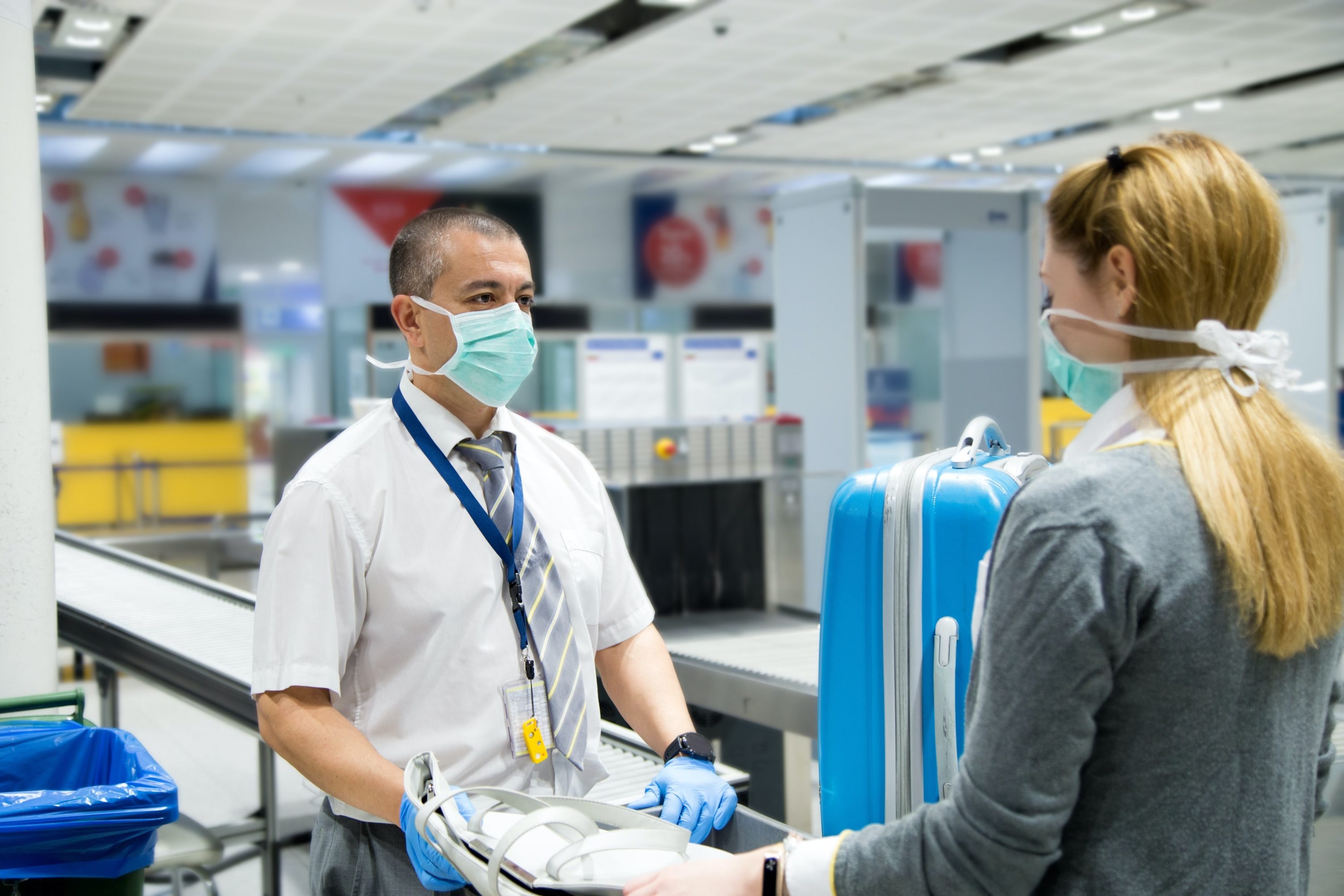Business travel: turns out it does more than just fill up the front half of the airplane.
In this fascinating two minute read, from an article by Connie Lin and first published earlier this month in business e-magazine, Fast Company, we discover the surprising causes of a country’s economic growth thanks to business travel. It’s a different and compelling argument for conducting face to face business over video conferencing than we’re used to seeing.

Business travel actually does some good for the world, says a new study out of the Harvard Kennedy School’s Growth Lab, which finds a direct link—of causation, not correlation—between a country’s incoming business travel and its economic growth. The more business travellers a country received, the better its industrial ventures fared, and the higher its GDP climbed.
The study’s authors attribute this link to the movement of “knowhow”—a quantity that exists only in brains and is transferred from brain to brain through lived experiences, over years of imitating, repeating, and responding to situations. It’s the type of knowledge that cannot be written in a book or defined by an algorithm, but must be picked up from others by working alongside them.
“Moving knowhow quickly involves moving brains,” the authors wrote—i.e., flying those brains, and the people who carry them, overseas and across continents. This could explain why business travel is still so prevalent, despite being far slower and more expensive than digital communication such as Skype or Zoom.
For the study, Harvard researchers partnered with the Mastercard Center for Inclusive Growth, using data from Mastercard’s corporate credit and debit cards to track business travel from 2011 to 2016. With this data they ranked countries on incoming and outgoing knowhow, with Germany, Canada, and the U.S. among the top countries exporting knowhow.
The team also created an interactive visualisation that shows the effects of curbing business travel from any given country—including which other countries would be most impacted, and how the global GDP would change. If Germans stopped traveling, for example, Austria, South Africa, Switzerland, Nigeria, and Czechia would be most affected, and the global GDP would drop 4.8%.
It’s a study rife with implications for the COVID-19 era, when business travel has been grounded worldwide.
“According to our study, the world is benefiting enormously by mobilising the knowhow in brains through business travel. A permanent shutdown of this channel would probably imply a double-digit loss in global GDP,” Ricardo Hausmann, director of Harvard’s Growth Lab, said in a statement.
Outside of COVID-19, the study also has implications for patterns of economic growth, suggesting they could be shaped by the relative ease of traveling to certain countries.
“Obstacles to business travel, such as cumbersome visa regimes and long connections, constrain access to knowhow and limit growth opportunities, especially in developing countries,” Frank Neffke, a research director at the Growth Lab, said in a statement. The top countries importing knowhow are Austria, Ireland, and Switzerland—which are located close to a trove of knowhow-rich countries—while Iraq, Bangladesh, and Pakistan have the fewest knowhow-bringing visitors.
To help you navigate the changes of business travel, we’ve created the brand-new Traveller Toolkit. This invaluable online resource is packed full of easy-to-use guides and checklists for every stage of every journey. We detail exactly what you need to know and do before, during and after your trip.
You’ll also find innovative and interactive virtual trips, which walk you through each step of being at the airport, on the train and in the hotel. You can even check the travel restrictions and health status of your destination with our comprehensive COVID-19 Country Tracker, updated five times daily to ensure you have the very latest information to help keep you and your travellers safe.
Travel is changing. But with common sense and a good TMC behind you, travellers should have the confidence to once again take to the skies. It’ll soon be business as (un)usual.

